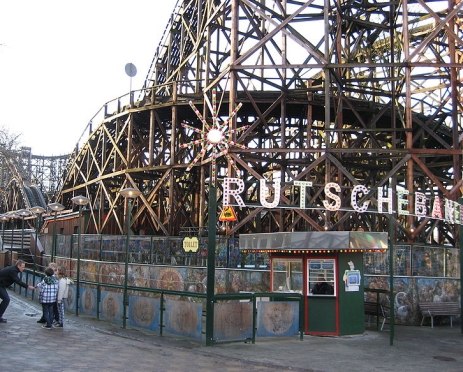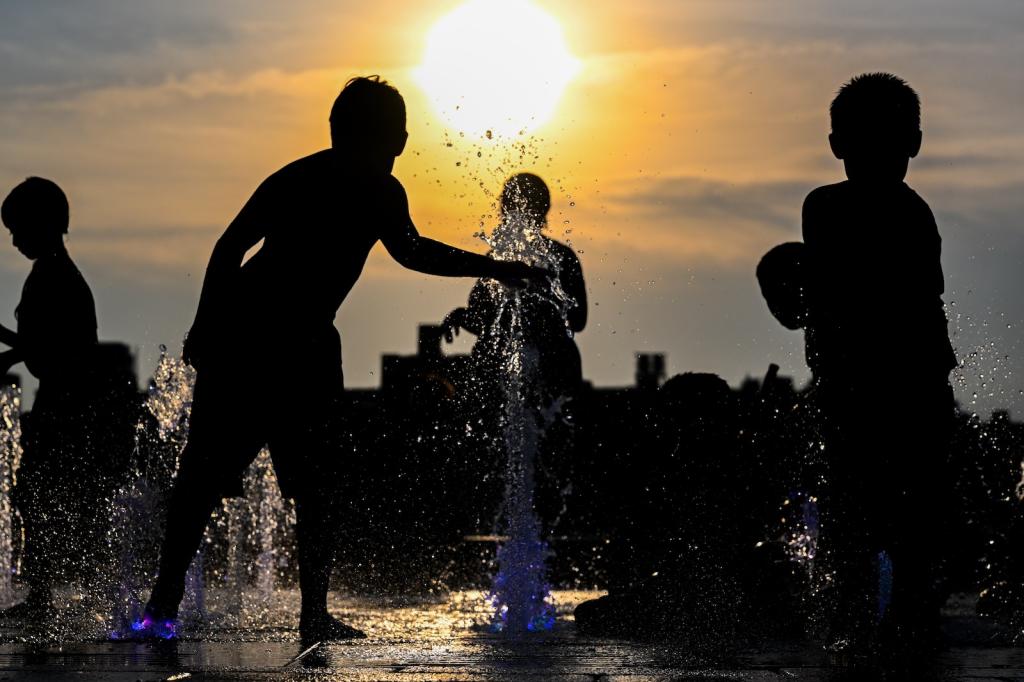Most people love their home town. But what if you lived in a regularly flooded slum? Kroo Bay is a community of 16,000 people living at the bottom of a valley in Freetown, Sierra Leone separated from the sea by a rubbish dump. During the rainy season once or twice a year, and with increasing frequency, the whole area floods.
Despite this, resident Ahmed Tejan Barry, 24, said: “I love Kroo Bay and Kroo Bay loves me.”
He describes the floods: “The entire community gets washed. Everybody is going to try and survive they are not thinking about property, which is going to be damaged.” Livestock is lost, homes are destroyed and sometimes people lose their lives. The real danger is when the flood happens at night.
This September, the local government suggested relocating the whole community, an idea met with hostility from locals.
Student Ahmed, who lives with his wife and two children in one room, said: “My grandfather was born in this community. We don’t want to go anywhere. We want to stay in Kroo Bay.”
What the residents of Kroo Bay want instead, is better drainage channels to prevent their homes being flooded. But this will involve moving some homes built in existing channels. And if sea levels continue to rise Kroo Bay will become increasingly unsustainable as a residential area. Tidal surges in the bay already prevent water draining out to sea contributing to the flooding problem. Still, people continue to move to the bay — attracted by cheap rent and its proximity to the markets in the centre of Freetown.
Floods are not the only problem this community faces, 70 percent of 16-35 year olds are unemployed, and people wake up every day not knowing if they are going to be able to scrape enough money together to eat that day.
Vocational training programmes haven’t had much success because the NGOs are unable to offer an allowance to attend the courses, so the drop out rate is high and of the people who finish the course, less than one in ten find employment. As Ahmed said, life is hard in Kroo Bay and with rising sea levels things are only going to get harder.



